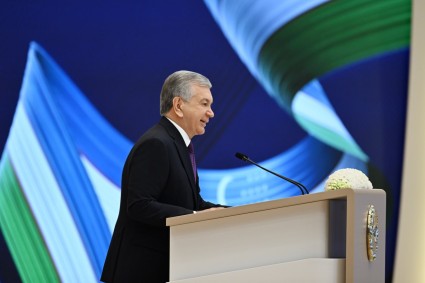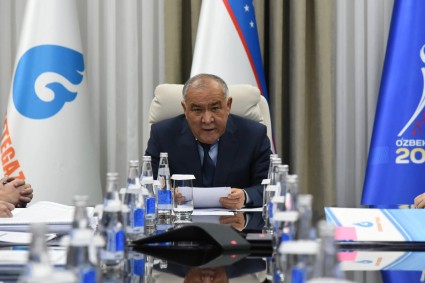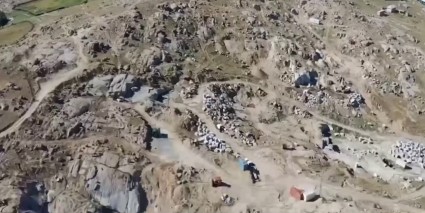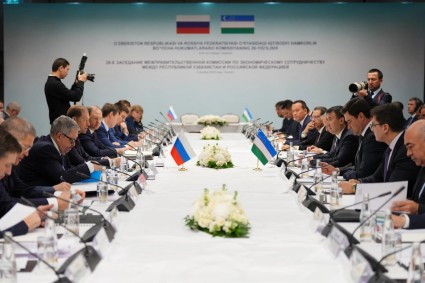Uzbekistan is prepared to privatize its state airline but will keep full control of its lucrative gold mines and oil firm, Reuters said.
Despite lingering international concerns over its human rights record, Uzbekistan has been making cautious moves toward reform since Shavkat Mirziyoyev become president in 2016 following the death of Islam Karimov.
It will soon announce a deal with the World Bank to help it with a broader strategy, Deputy Prime Minister Sukhrob Kholmuradov said on Wednesday, while the head of its investment department outlined some privatization plans.
“What we see as a key sector which we believe we have to keep (in state control) is mainly gold mining and our main oil company,” Sandor Sagdullayev told Reuters on the sidelines of the EBRD’s annual meeting on the coast of the Dead Sea.
He said the country was however ready to open up its aviation sector having been reluctant to do so when privatization lists were last drawn up under Karimov.
“We have one monopolistic air company, Uzbekistan Airways, but we are working closely with the World Bank to reform the sector so it (Uzbekistan Airways) is off the list of untouchable companies.”
“We are also thinking about the energy sector, but we think the PPP (public-private partnership) model will be very much the right approach,” Sagdullayev added, referring to where stakes rather than full ownership of a state company is sold off.
During an earlier panel discussion deputy prime minister Kholmuradov had also flagged that one of the country’s other main 3-5 year aims was to join the World Trade Organisation.
It also wants to build its own hydro-electric plants in coming years, is open to giving three-year work permits for employees of key foreign firms and is working with consulting firms on its customs regime and land law changes.
“We have no way back,” Kholmuradov said. We want “even more positive transformations in the country.”
The cautious opening up in Uzbekistan is being welcomed by the world’s big multilateral financial institutions, though human rights issues are still causing alarm.
A report from the Human Rights Watch group this year said “grave rights violations such as torture, politically motivated imprisonment, and forced labor in the cotton fields remain widespread.”
Earlier this week an Uzbek journalist was cleared of conspiring against the government and released, in a court ruling that Amnesty International said offered a “glimmer of hope” after years of crackdowns on reporters and dissidents.












